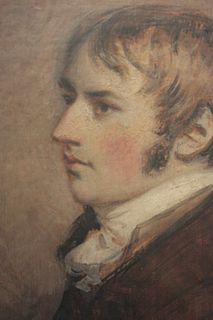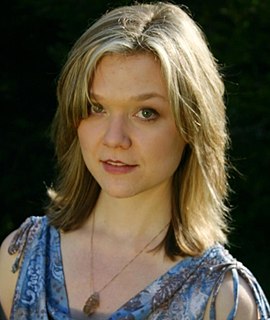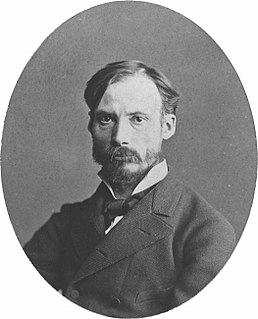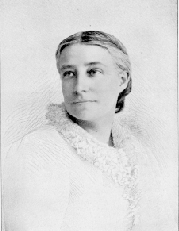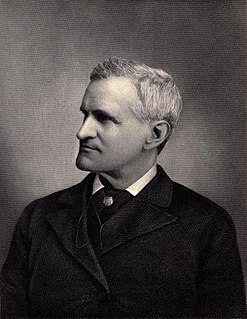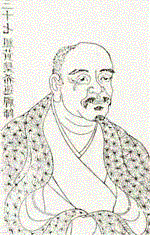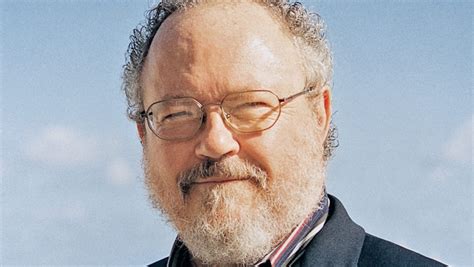A Quote by John Constable
I have likewise made many 'skies' and effects - for I wish it could be said of me as Fuselli says of Rembrandt, 'he followed nature in her calmest abodes and could pluck a flower on every hedge - yet he was born to cast a steadfast eye on the bolder phenomena of nature'... We have had noble clouds & effects of light & dark & color.
Related Quotes
Nature, at all events, humanly speaking, is manifestly very fond of color; for she has made nothing without it. Her skies are blue; her fields, green; her waters vary with her skies; her animals, vegetables, minerals, are all colored. She paints a great any of them in apparently superfluous hues, as if to show the dullest eye how she loves color.
I wish I were whole. I wish I could have given you youngs, if you'd wanted them and I could conceive them. I wish I could have told you it killed me when you thought I had been with anyone else. I wish I had spent the last year waking up every night and telling you I loved you. I wish I had mated you properly the evening you came back to me from the dead.
The Girl of the Period, sauntering before one down Broadway, is one panorama of awful surprises from top to toe. Her clothes characterize her. She never characterizes her clothes. She is upholstered, not ornamented. She is bundled, not draped. She is puckered, not folded. She struts, she does not sweep. She has not one of the attributes of nature nor of proper art. She neither soothes the eye like a flower, nor pleases it like a picture. She wearies it like a kaleidoscope. She is a meaningless dazzle of broken effects.
The monk, the inquisitor, and the Jesuit were lords of Spain,- sovereigns of her sovereign, for they had formed the dark and narrow mind of that tyrannical recluse. They had formed the minds of her people, quenched in blood every spark of rising heresy, and given over a noble nation to a bigotry blind and inexorable as the doom of fate. Linked with pride, ambition, avarice, every passion of a rich, strong nature, potent for good and ill, it made the Spaniard of that day a scourge as dire as ever fell on man.
The nature of the Absolute is neither perceptible nor imperceptible; and with phenomena it is just the same. But to one who has discovered his real nature, how can there be anywhere or anything separate from it?... ...Therefore it is said: 'The perception of a phenomenon IS the perception of the Universal Nature, since phenomena and Mind are one and the same.'
It occurred to Dr. Lecter in the moment that with all his knowledge and intrusion, he could never entirely predict her, or own her at all. He could feed the caterpillar, he could whisper through the chrysalis; what hatched out followed its own nature and was beyond him. He wondered if she had the .45 on her leg beneath the gown. Clarice Starling smiled at him then, the cabochons caught the firelight and the monster was lost in self-congratulation at his own exquisite taste and cunning.
Man is made for science; he reasons from effects to causes, and from causes to effects; but he does not always reason without error. In reasoning, therefore, from appearances which are particular, care must be taken how we generalize; we should be cautious not to attribute to nature, laws which may perhaps be only of our own invention.
There's never been a moment,' he barely said, 'when I didn't recognize you.' She wiped her eyes. Her mascara smeared. He nudged the merry-to-round into motion. He could kiss her now. If he wanted. 'I'd know you in the dark,' he said. 'From a thousand miles away. There's nothing you could become that I haven't already fallen in love with.' He could kiss her. 'I know you,' he said.
Our very name for God's Creation is NATURE, for that is what Nature is. I shall define Nature for you in simple words. Nature is an electric wave thought image of God's nature, electrically projected from His formless and unconditioned ONE LIGHT into countless many forms of conditioned light which we call matter.
